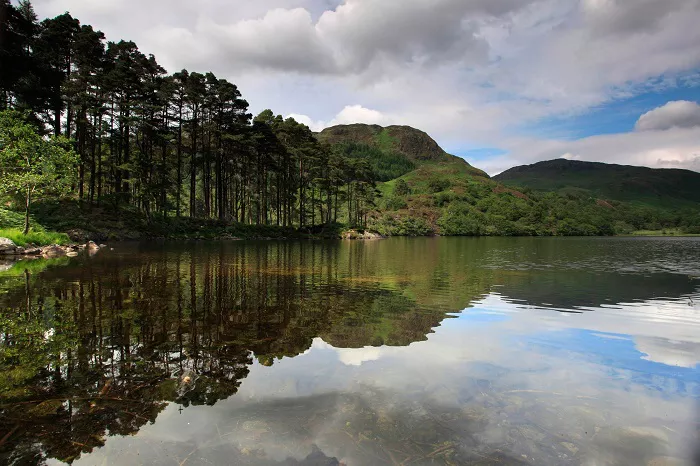The Scottish government has scrapped plans to designate Galloway as Scotland’s third national park, following months of heated debate and a consultation process that revealed deep divisions within the local community.
The proposal, which would have seen Galloway join the Cairngorms and Loch Lomond and The Trossachs as a national park, faced both strong support and staunch opposition. Rural Affairs Secretary Mairi Gougeon confirmed the government’s decision, saying it followed careful consideration of all views expressed during the public consultation.
“I recognise this will be very disappointing for those who have campaigned tirelessly for a national park in Galloway over many years,” Gougeon said. “While there was substantial support, there was also significant opposition. The consultation raised important issues that local people care deeply about, and we now have the opportunity to explore how those concerns can be addressed.”
Gougeon reiterated the government’s continued commitment to Scotland’s existing national parks and left the door open for future designations. “Our national parks are achieving for people and nature,” she added.
Political and Public Reactions
Reactions to the decision were sharply divided across the political spectrum.
Galloway and West Dumfries Conservative MSP Finlay Carson, who initially supported the proposal, welcomed the move to abandon it. “It increasingly felt like a designation imposed rather than requested,” he said, describing the consultation process as “deeply flawed.”
Conversely, Labour’s South Scotland MSP Colin Smyth criticized the decision, calling it a retreat from leadership. “This area has been a forgotten corner of the country for too long,” he said. “Now I fear it could become a dumping ground for wind turbines. The government has taken the easy way out.”
Scottish Greens MSP Mark Ruskell also condemned the reversal, stating that the government had “slammed the door on the economic investment and new powers this designation could bring. This is devastating news for the local community and nature.”
A Contentious Process
The decision follows a prolonged and polarised campaign that exposed significant community fractures. Opponents of the park, who formed the “No Galloway National Park” campaign, argued the designation would bring excessive bureaucracy and threaten local autonomy.
“We are very relieved the Scottish government recognised the strength of local opposition,” said campaign co-founder Liz Hitschmann. “Dumfries and Galloway does need investment, but not millions wasted on another layer of bureaucracy that could override local wishes.”
Fellow co-founder Denise Brownlee stressed the need for meaningful investment in infrastructure, warning the government must now follow through on promises to support the region.
In contrast, Rob Lucas, chair of the Galloway National Park Association, expressed dismay. “This is a big loss for our countryside, our wildlife, and everyone living in the region. Galloway and its fragile environment, communities, and economy face huge challenges that must be overcome,” he said.
Kat Jones, director of Action to Protect Rural Scotland, described the decision as a “tragedy,” while John Thomson, chair of the Scottish Campaign for National Parks, labelled it a “huge missed opportunity.”
Political Fallout and Background
The proposal’s demise reflects broader political shifts. The commitment to a new national park was part of the 2021 Bute House power-sharing agreement between the SNP and Scottish Greens, which collapsed in 2024. With that deal gone, so too was the impetus to fulfill the park pledge.
The consultation process, widely criticised as rushed and divisive, failed to build consensus. Campaigners against the park mounted a highly effective public relations effort, amplifying concerns over governance, land use, and local control.
Scotland currently has two national parks, with no new designations since 2002. The Galloway site was formally announced as the preferred location in July 2023 after a public consultation launched in 2022. NatureScot delivered its analysis of the feedback earlier this year, culminating in the government’s decision to halt the initiative.
What Is a National Park?
In the UK, national parks are designated areas of outstanding natural beauty, protected to preserve their landscapes, promote public enjoyment, and support local economies. Unlike parks in North America or Africa, which often emphasize wildlife conservation, UK national parks focus primarily on land preservation and sustainable development.
Despite the setback in Galloway, the Scottish government has stated it remains open to the idea of establishing new national parks in the future — but for now, Galloway will remain outside that designation.

